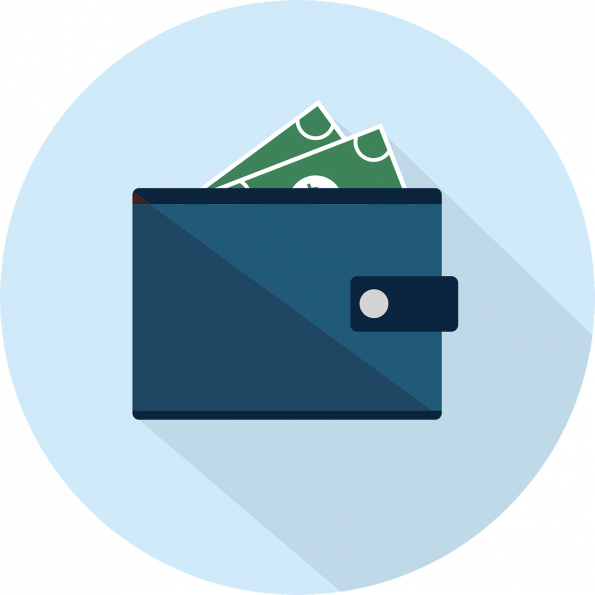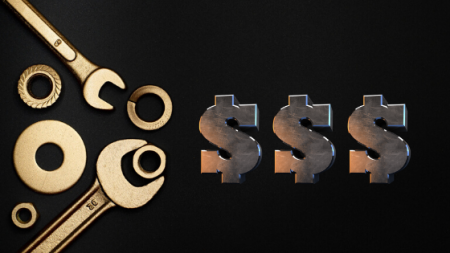The next time you purchase a lottery ticket with your credit card, take a look at your credit card statement. You may come across something referred to as a Cash Equivalent Fee”.
These fees can sometimes take people by surprise, but it is legal to charge them on anything that is considered a Cash Equivalent. So what exactly are cash equivalents and how much are the fees? Let’s take a closer look.
What is a Cash Equivalent?
According to the Corporate Financial Institute, a cash equivalent can be defined as, “any short-term investment securities with maturity periods of 90 days or less”. But if you aren’t familiar with accounting terminology, this may be a mouthful. So what does it actually mean?
In regards to financial investments, there are three different assets you can hold; stocks, bonds, and cash equivalents. As you can probably already guess, cash equivalents are items similar to cash and can be readily converted into cash. They are generally considered to be low-risk and low-return assets.
Included in the list of things labelled as cash equivalents are bankers acceptances, treasury bills, commercial papers, and other money instruments with a maturity period of 90 days or less. And yes – that includes lottery tickets!
Why are Cash Equivalents important?
Cash equivalents are very important to companies because they help to indicate how well a company is doing. Companies with large amounts of cash and cash equivalents are better able to pay their bills when sales are low.
If the company continues to do well, these cash equivalents can also be turned into future purchases or acquisitions. Cash equivalents can also be used to buy inventory or cover operating costs.
Analysts often use this information regarding cash equivalents to determine whether or not investing in a company is a good move.
What is a Cash Equivalent Fee?
Anytime you purchase a cash equivalent with a credit card, this is referred to as a cash-equivalent transaction. The term “cash-equivalent” will actually appear on your credit card statement, so it will be easy to pick up.
As mentioned in the introduction, a lot of people are surprised to see this term on their credit card when they purchase a lottery ticket, but for all intents and purposes, lottery tickets are considered cash equivalents.
Unfortunately, anytime you purchase a cash equivalent, it’s considered a cash advance by your credit card. Because they are considered a “risky” purchase (when compared to regular purchases), there is a fee that comes along with them. This fee is known as a “cash equivalent fee”.
The exact amount charged for this fee will vary depending on which credit card or banking institution you are using. Sometimes the fee is a fixed amount, while other credit cards charge a percentage of the transaction amount.
Sometimes these fees also depend on how they are withdrawn. Some institutions, for example, charge more for an ATM withdrawal than they do for a direct deposit.
So there you have it – now you know that if you see a “cash equivalent” stamp on your credit card statement, it means that you have made a cash equivalent purchase.
To avoid these fees, purchase your lottery tickets and other cash equivalents with your debit card rather than your credit card.












